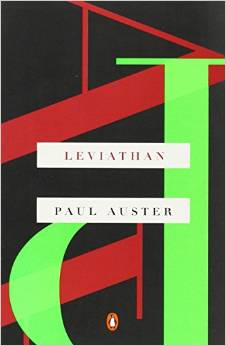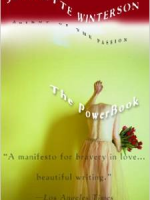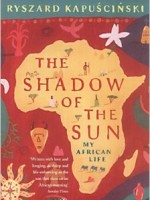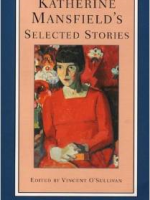 Leviathan
Leviathan
Fiction
Penguin Mass Market
1993
275

Benjamin Sachs’ story is conveyed through the eyes of his friend Peter Aaron, a novelist who discovers in the book’s opening pages that Sachs has died in a mysterious bomb explosion. Aaron sets out to write the definitive version of Sachs’ story before the FBI can formulate theirs. Sachs is a writer, a philosopher, a man with loyalties and passions. But more than that – Benjamin Sachs is a questioner. He questions his own nature and psychosocial make up, he tests himself and probes deeper to understand who he is and also the nature of humanity, fate, destiny and chance. He is willing to give up his wife, career and all practical reason in his search.
Many incidents in this book can be criticised as unreal – the seemingly simple triggering of Sachs’ “series of fateful events” and the many coincidences that pop up to escalate these events. However, far from building a sense of unreality, I feel they render a state of hyper-reality. How many times have you said, “if I told you, you wouldn’t believe it”. Here Auster has told it, and in a manner in which we can see this man’s wrenching search into himself. Indeed, many of the events are based autobiographically on Auster’s own life.
I particularly love the passages outlining Sachs’ efforts to alienate his wife – to get her to leave him rather than the other way around; Sachs attempts to “innocently” touch Maria; and the deepening of Aaron’s friendship with Sachs to the extent that he wishes to slip into his skin, to sleep with Sachs wife. Oh, these and many more threads I found wonderfully and unnervingly real.
Leviathan has been much read due to its “anti-establishment” content, yet I feel this book is less to do with the macrocosm of the American nation and more to do with the microcosm of man’ struggle with himself, and of the freedom imparted by the near death experience. Auster has quoted the Greek saying. “Judge no man’s happiness until he is dead” in relation to this work. Sachs’ bombings of Statue of Liberty replicas can be on the surface seen as anti-establishment statements but can be seen more as Sachs blowing up fear, stultifying fear, as first witnessed in his mother’s experience on climbing the Statue of Liberty. The Phantom of Liberty is less a terrorist of the state and more a man in search of his own liberation.
This book should also be read by fans of contemporary art, in particular the artist Sophie Calle, whose works Auster weaves into the story through the character of Maria.
In my reading so far, I find this book to be a rare gem – a psychological narrative with action. I’m off to buy the rest of his works. ![]() 4/5
4/5
Score awarded by Bibliofemme: 3 out of 5
What the other femmes had to say
 “Apart from some brilliant dialogue, I found the book annoyingly repetitive, with most characters delivering only coincidence and extensions of Auster’s own personality.” 1/5
“Apart from some brilliant dialogue, I found the book annoyingly repetitive, with most characters delivering only coincidence and extensions of Auster’s own personality.” 1/5
 “Great read, would advise you to read it in as few sittings as possible as it doesn’t stay with you, excellent dialogue, the author really makes you believe that the characters are alive.” 3/5
“Great read, would advise you to read it in as few sittings as possible as it doesn’t stay with you, excellent dialogue, the author really makes you believe that the characters are alive.” 3/5
 “Auster is a masterful writer whose involuntary use of language is like blinking. His characterisation and style are a treat. I loved it despite losing some interest towards the end.” 4/5
“Auster is a masterful writer whose involuntary use of language is like blinking. His characterisation and style are a treat. I loved it despite losing some interest towards the end.” 4/5
 “A very complex and extremely well crafted book with some enduring images and characters. Probably worth a second read, but not inspiring enough for me to return in the near future.” 3/5
“A very complex and extremely well crafted book with some enduring images and characters. Probably worth a second read, but not inspiring enough for me to return in the near future.” 3/5
 “Leviathan is the first book I’ve read by Paul Auster and I found it impossible to put down, spending a whole day’s travelling immersed in it. Although a compelling and well-written deconstruction of a man’s behaviour, Leviathan is not a very memorable book, apart from the character of the artist Maria and the way she linked the whole story together”. 3/5
“Leviathan is the first book I’ve read by Paul Auster and I found it impossible to put down, spending a whole day’s travelling immersed in it. Although a compelling and well-written deconstruction of a man’s behaviour, Leviathan is not a very memorable book, apart from the character of the artist Maria and the way she linked the whole story together”. 3/5




